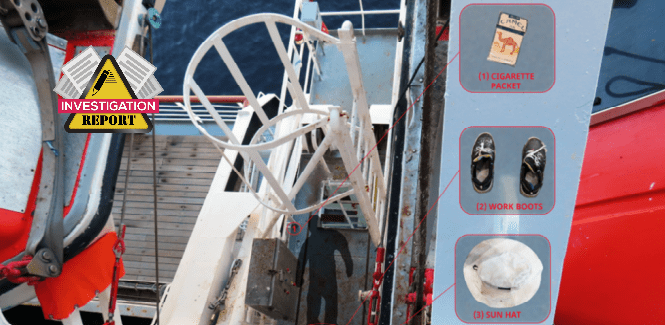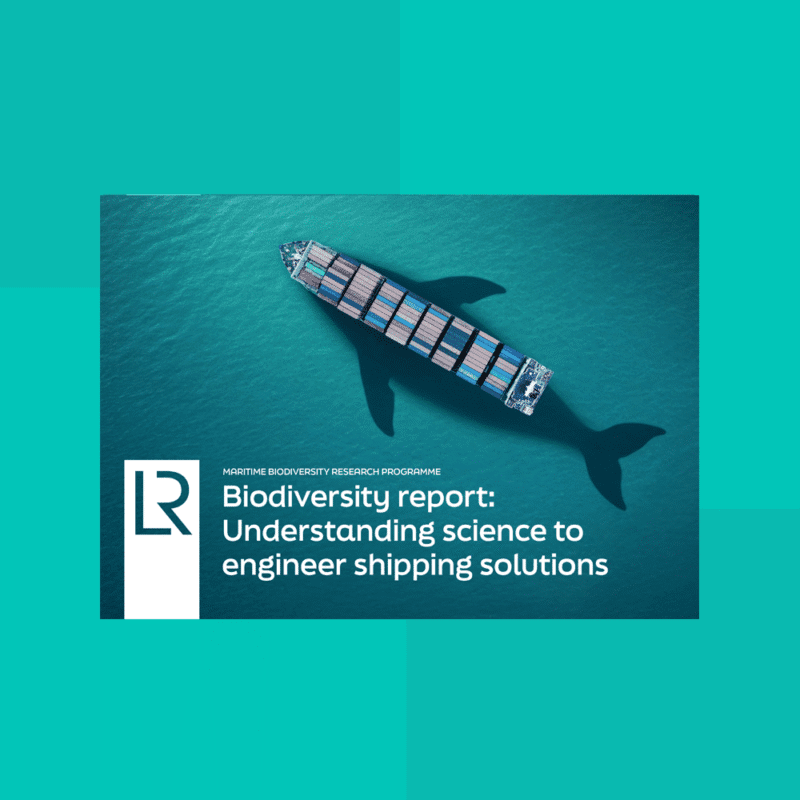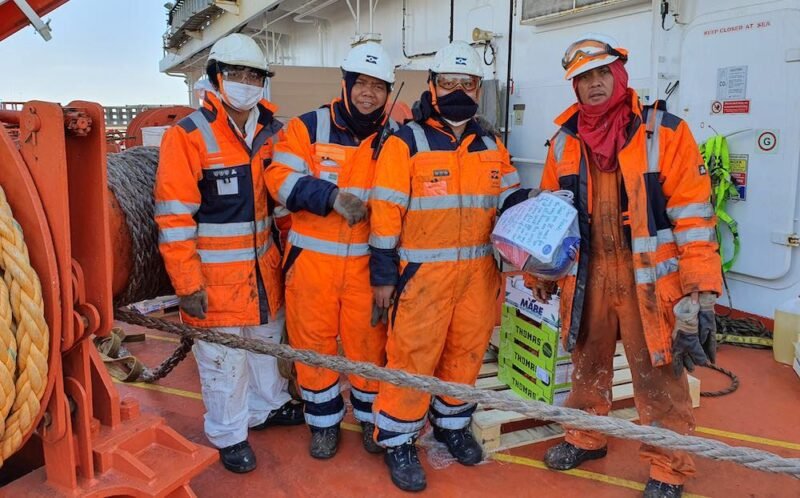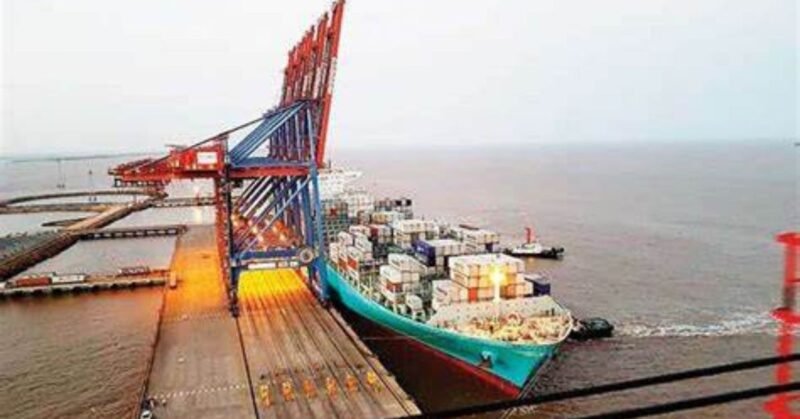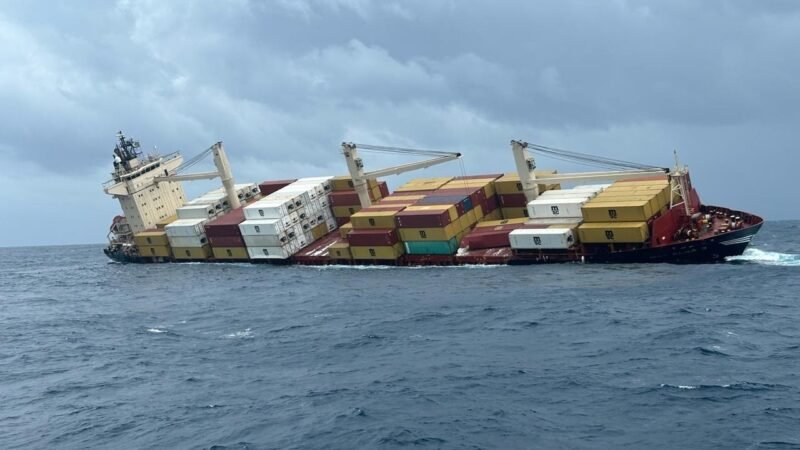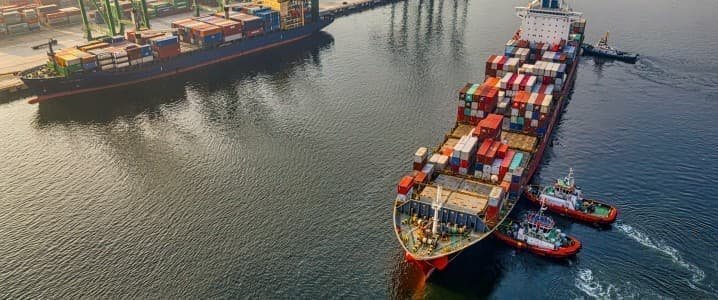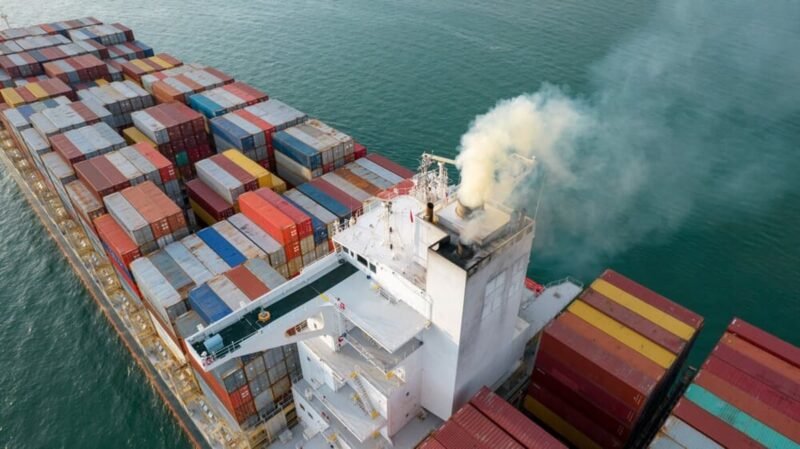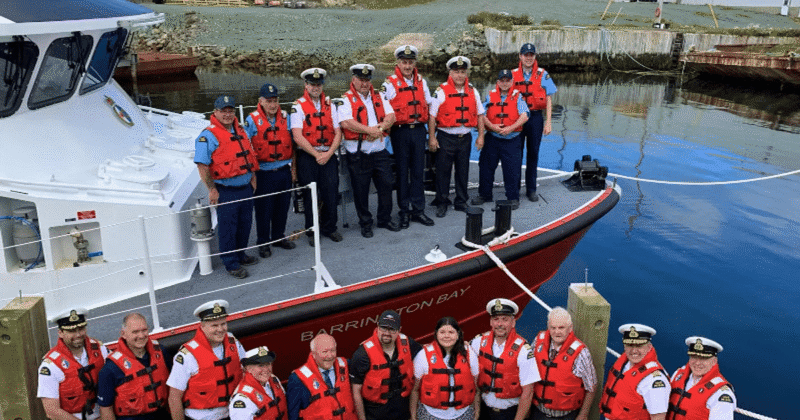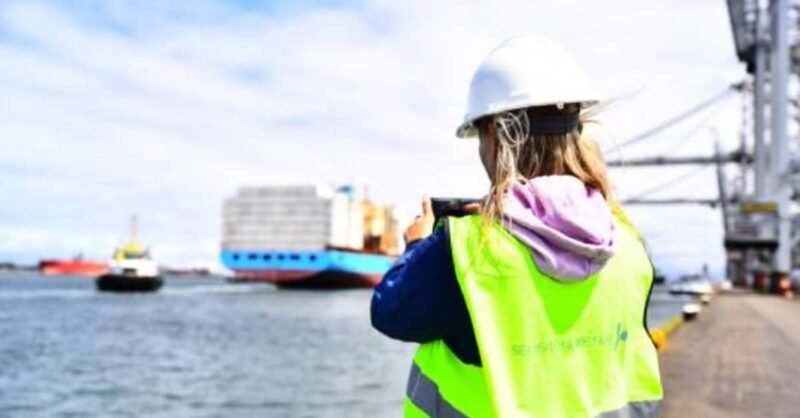A new report by UMAS, UCL, and the Global Maritime Forum examines the potential for green shipping corridors under current and future regulations from the IMO, EU, and US. Titled ‘Building a Business Case for Green Shipping Corridors,’ the report highlights the commercial challenges faced by projects focusing on sustainable fuels like hydrogen-derived e-ammonia and e-methanol. While the business case for these initiatives is expected to improve with evolving policies, targeted support will be crucial to bridge the cost gap for e-fuels.
The report emphasizes the role of regulation in enabling the energy transition in shipping and the need for sophisticated fleet and bunkering strategies under future compliance regimes. Policies such as the IMO’s global fuel standard, the EU’s Emissions Trading System, and the US Inflation Reduction Act will help reduce costs for green shipping corridors but may not fully cover the gap between e-fuels and the cheapest compliance solutions. The study explores opportunities for green shipping corridors in different sectors and suggests that targeted support for e-fuels will be necessary in the short term.
To accelerate progress, the report suggests actionable solutions for industry and policymakers. It stresses the need for business models to adapt to incoming regulations and for long-term commitments from cargo owners and ship operators to drive e-fuel adoption. Strategic partnerships across the value chain will be essential for sharing risks and rewards in green shipping corridor projects. However, the viability of these initiatives will depend on targeted measures to support the uptake of e-fuels, such as Contracts for Difference, e-fuel auctions, or multipliers for over-compliance. In the absence of a global levy, national governments may need to provide direct support for corridor projects.





